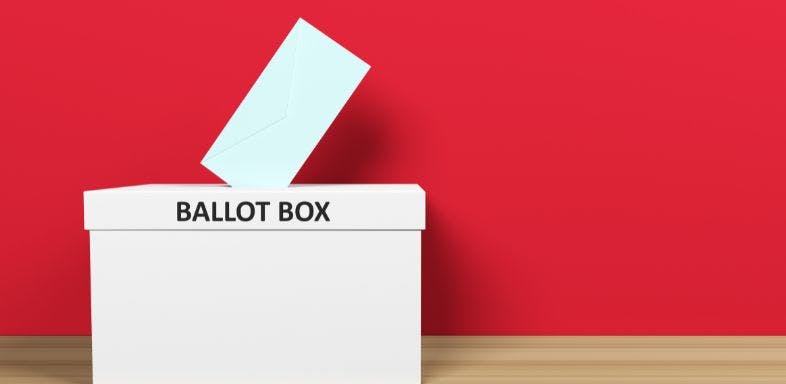First published on Wednesday, Jan 10, 2024
Last updated on Wednesday, Jan 10, 2024
Have you heard the latest news?
Welcome to HR Heartbeat, where we give you a rundown of the week's top employment law stories. Stay on the pulse of current trends impacting your business. Plus, get up-to-the-minute commentaries on all things HR and legal.
The end of the Covid holiday carry-over
Back in 2020, the government announced emergency annual leave rules. Workers who couldn’t take annual leave because of COVID-19 could carry over four weeks of leave into the following two leave years.
As of January 1st, 2024, this has been removed. But your employees still have till the 31st of March 2024 to use any Covid carry-over leave.
Holiday planning and leave calculations can be a headache. Make it simple with BrightHR’s easy-to-use holiday planner. Learn more here.
National Insurance contribution changes
As of Saturday, 6th of January, employees' national insurance contribution has been reduced from 12% to 10%.
The Treasury has said that around 27 million people will benefit from the reduction. For an average salaried worker on £35,400, they will see a £450 saving.
Based on recent data, this drop means personal taxes will be lower for people on average salaries in the UK than in every other G7 country.
Sharps fitter brings worker status claim
A fitter for Sharps brought forward an employee tribunal claim last week for better employment rights.
The individual, classified by the company as self-employed, states he should be considered a worker. And therefore, should get holiday and sick pay.
The fitter argues he should be considered a worker because:
- He cannot carry out work for competitors
- If he declined to work, Sharps would stop giving him any further work
- He must follow Sharp’s instruction manual when completing work
- He’s told when to work and Sharps control the fee charged
Sharps, on the other hand, disagrees with the claims and are challenging all legal action.
For more details on employee status and the different types of employee contracts read our in-depth guide.
Or for advice in a flash, ask BrightLightning:
- What case said that self-employed contractors were actually workers?
- Who has worker status?
- Who is classed as being self-employed?
The top reasons for calling in sick revealed
According to Ulster University, Wales had the highest sickness rate. Which increased to 3.6% of working days between 2019 and 2022.
In England the sickness rate was 2.5% in 2022, Scotland’s was 3%, and Northern Ireland’s was 2.7%.
UK staff also took an average of six sick days in 2022 (2.7%) compared with 4.2 days (1.9%) in 2019.
The top reasons for calling in sick were accidents, poisoning, infectious diseases, and skin disorders.
With coughs, colds, and gastrointestinal illnesses, making up 24% of working days lost.
You can’t predict when employees get sick. But with BrightHR on your side, you can keep on top of last-minute leave and sickness with ease. Learn more about expert absence management support here.
And that’s a wrap. Tune in next week for more headlines and make sure you stay ahead of major employment law changes!






